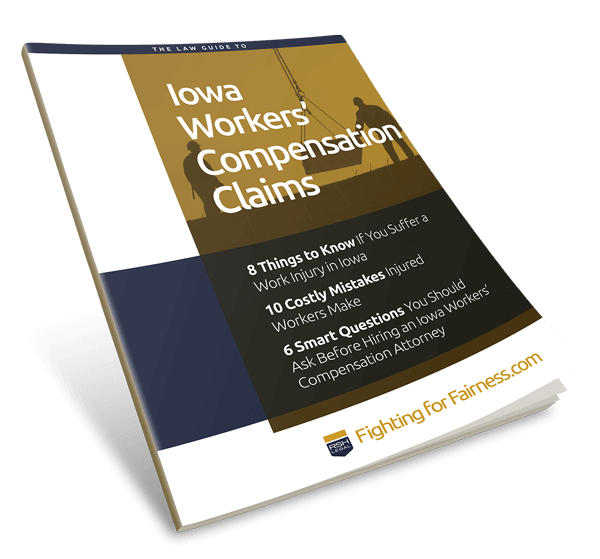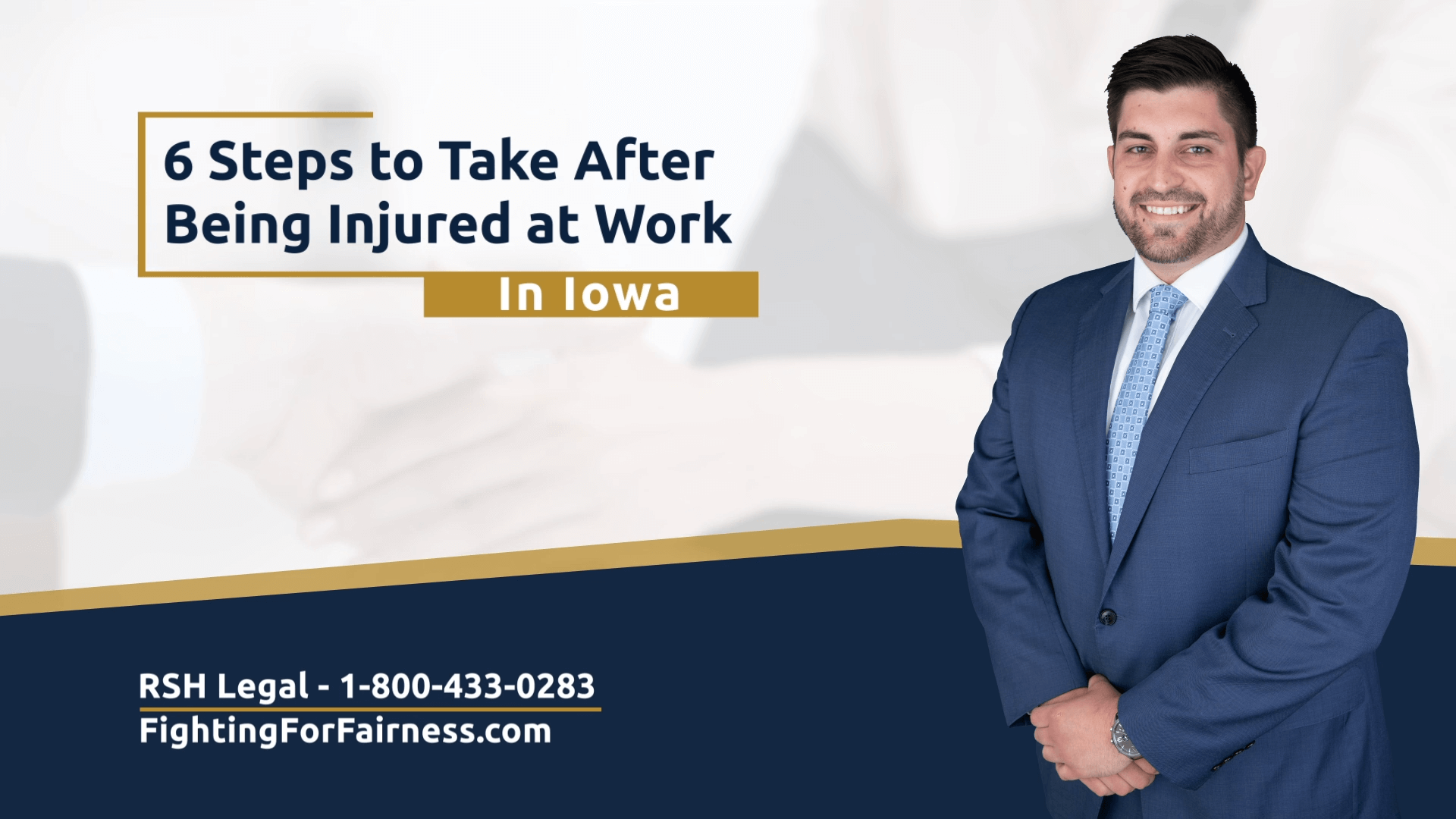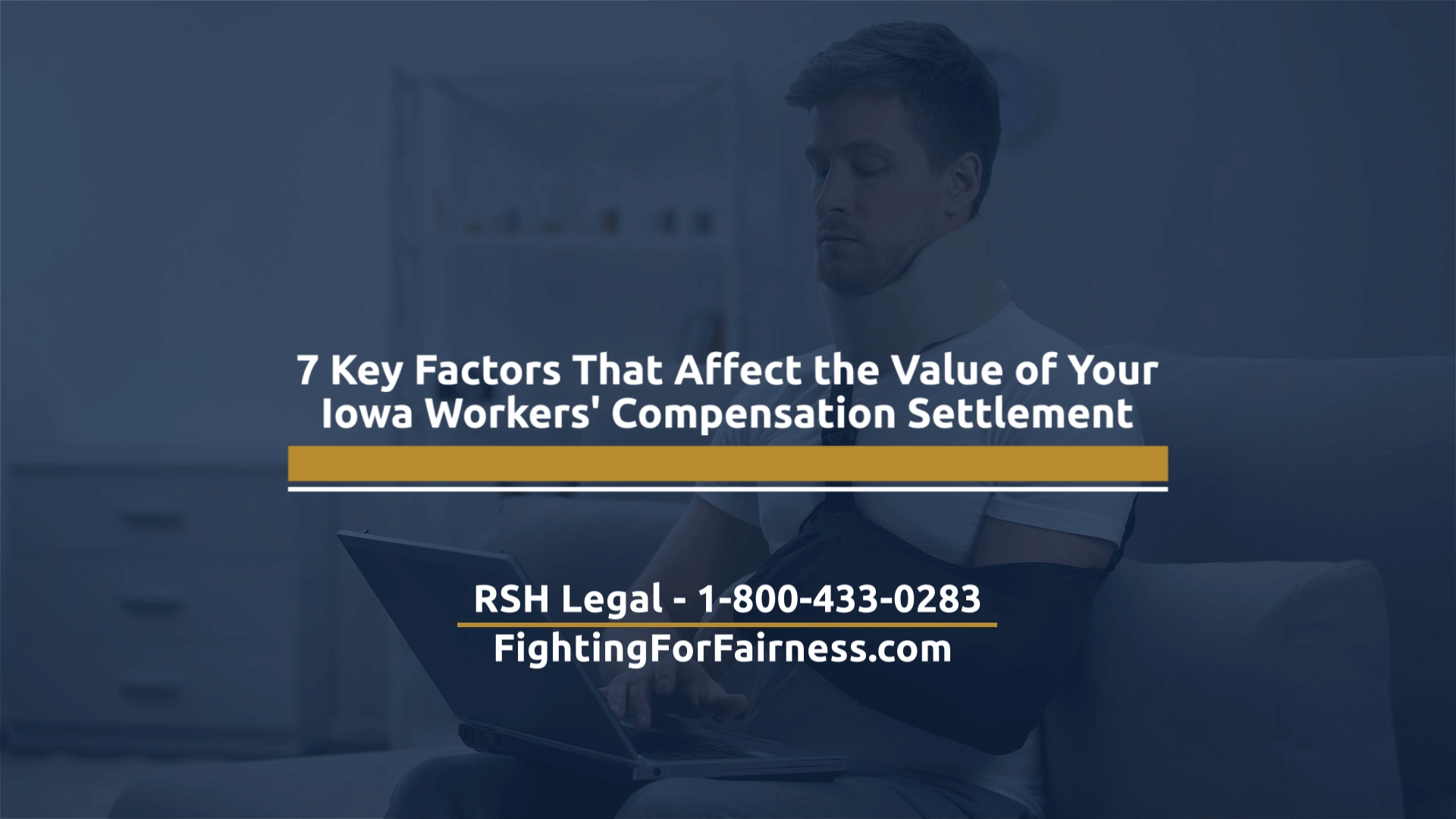
It happens to everyone at some point – your eyes get heavy, your brain won’t focus, and you can’t stop yawning. You’re tired at work.
Fatigue at work can be a real issue. According to the National Safety Council, being awake for more than 20 hours is the equivalent of being legally drunk. This can lead to all sorts of problems both on and off the job – including slower reaction times and decreased thinking times. Certain workers who experience fatigue at their job, including those in medical fields and semi-truck drivers, can be at-risk for endangering others’ lives as well as their own.
Here are a few tips and tricks you can use to battle fatigue at work:
- The last thing you may want to do when you’re tired is get up from your desk. But even a quick 5-minute stroll away from your workspace can get your blood pumping and your mind refocused.
- Keep a regular sleep schedule that provides enough shut-eye—for most adults this means 7 to 9 hours a night. If you work the night shift, try to keep a consistent schedule even on your days off so your body doesn’t need to keep readjusting.
- Start an exercise routine. Not only does regular exercise increase your energy, it will help you sleep better at night. The Department of Health and Human Services recommends 150 minutes of moderate aerobic activity per week – this can include a brisk walk, swimming, or even mowing the lawn. Can’t commit to that much time? Even a little bit helps.
- Make sure you’re drinking plenty of water throughout the day. Dehydration can lead to headaches and tiredness. If you find yourself feeling sleepy, down a glass or two of water.
- Low blood sugar levels may lead to fatigue – eating often can combat this. Make sure you are getting a mix of healthy carbohydrates (fruits, vegetables, whole grains), which the body burns quickly to provide short term boosts of energy, and proteins (nuts, dried meats, cheese sticks) that burn slower and provide long-lasting energy.
- Use caffeine sparingly to fight fatigue. Caffeine can actually make your fatigue worse in the long-term – since caffeine lasts in your body for several hours, it can affect sleep. If you must have that cup of coffee, make sure you’re doing so in the early afternoon so it has plenty of time to clear out of your system before bed.
- If your problems persist, talk to your doctor to rule out any health problems that may be causing your sleepiness. There are a variety of conditions that can cause fatigue, including depression, diabetes, anemia, thyroid issues, or sleep apnea.




